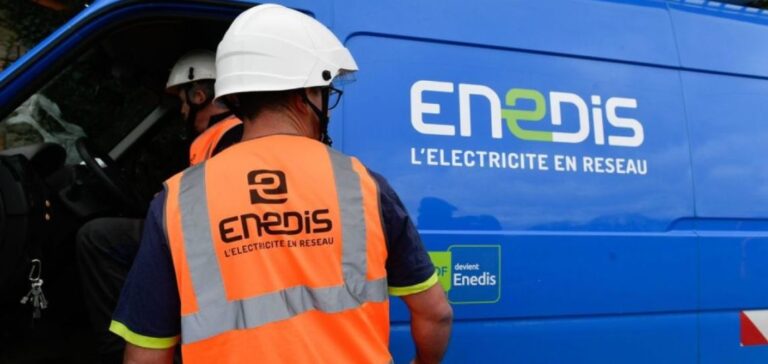The electricity distribution network operator Enedis reported a record year in 2024, having connected 5.5 GW of renewable energy, representing a 31% increase compared to 2023. This growth brought the total installed capacity to over 45 GW, primarily supported by photovoltaic energy, up by 21%, and onshore wind, which grew by 5%. Simultaneously, the expansion of electric vehicle charging infrastructure accelerated, with 5.1 GW of installed capacity, bringing the total network capacity to 18 GW.
Steady growth of solar and wind energy
Enedis connected 240,000 new renewable energy production installations in one year, a 20% increase compared to 2023. The majority of these installations are small-scale producers who consume part of their own production. Currently, more than 90% of renewable energy installations are connected to the distribution network. This trend reflects the ongoing rise of decentralised energy sources and the need to adapt existing infrastructure.
Rapid deployment of charging infrastructure
The French electric vehicle charging market has also seen significant growth. Charging capacity has more than doubled in two years, and France now has 2.3 million charging points. This dense network places the country second in Europe, behind the Netherlands.
Investments to modernise the network
In response to the rising demand for renewable energy and electric mobility, Enedis plans an investment programme of €96 billion over the period from 2022 to 2040. Of this amount, €10 billion will be dedicated to renewable energy, and €7.5 billion will go towards the development of charging infrastructure. The operator also plans the construction of 97 new substations by 2030, two-thirds of which will be specifically dedicated to decentralised production.
Marianne Laigneau, Chair of Enedis’ Management Board, highlighted the scale of the achievements in 2024, stating that these advancements reflect the acceleration of the network’s development in response to the country’s new electricity needs.






















